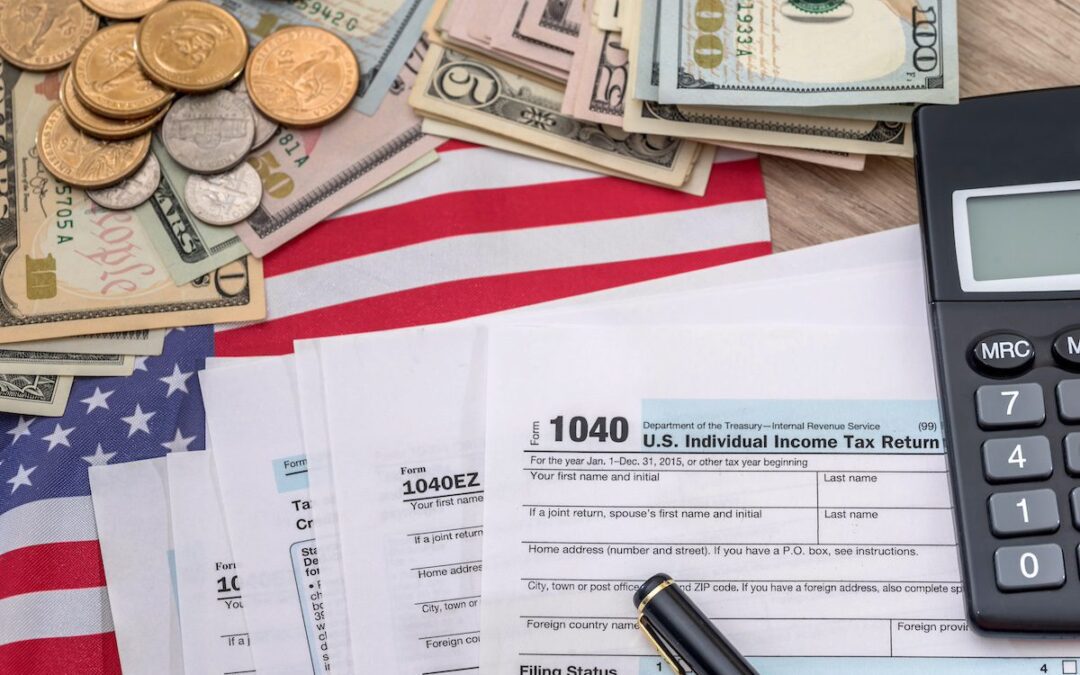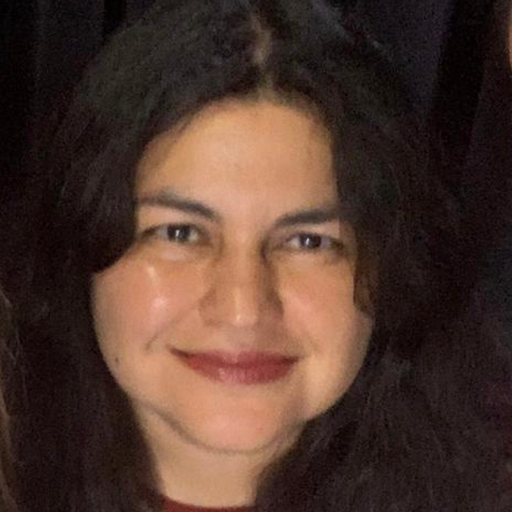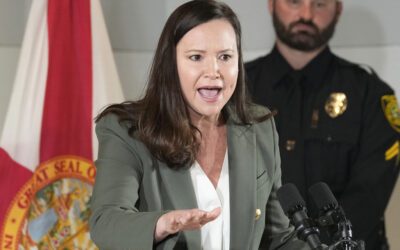
According to the Puerto Rico Citizenship Archives Project, between 1898 and 1901 the United States invented a new territorial law and policy to govern the territories annexed in the aftermath of the Spanish-American War. (Capture via The Puerto Rico Citizenship Archives Project).
Since 1898, Congress has debated on more than 100 bills and enacted 11 laws extending four distinct types of citizenship to Puerto Ricans.
All debates, bills, and laws regarding the status of Puerto Rico are now documented in The Puerto Rico Citizenship Archives Project (PRCAP).
Charles R. Venator-Santiago, associate professor with a joint appointment at the Institute and Department of Political Science, and El Instituto: Institute for Latina/o, Caribbean and Latin American Studies at the University of Connecticut, is the coordinator of the project that documents the legal history of US territorial citizenship law and policy.
RELATED: Puerto Rico’s State Department unveils online library preserving historic legal documents
Since 1898, Congress has debated on more than 100 bills and enacted 11 laws extending four distinct types of citizenship to Puerto Ricans.
“The Puerto Rico Citizenship Archives Project is an effort to create a public repository of useful documents that can elucidate the history of the debates over the citizenship status of Puerto Ricans,” reads the website of the project.
The digital archive is made up of 153 bills, which includes similar versions filed in both the Senate and the House of Representatives. For now, Venator-Santiago is focusing on the bills filed at the federal level.
“We are starting with federal legislation, but we are going to move later to Puerto Rico legislation. The idea is to have a tool that allows journalists, academics, politicians, and the general public to have all that information accessible and analyze it for public debates,” Venator-Santiago told El Nuevo Día.
Users will find a map on the main page of the digital archive that will show the authors of the measures, the states they have represented, the distribution by political parties, and the committees that have discussed or were in charge of each legislation.
It also includes the plebiscites that have been held and the Promesa law, which was approved in June 2016 and is included as an organic law. The law allows Puerto Rico to restructure its debt and achieve fiscal responsibility.
RELATED: Puerto Rico Governor Doubts English Will Become Official Language if Statehood Is Granted
“People will have several ways to view PDF copies of the legislation, either in the general file or a tool in the dashboard that allows direct access to the legislation,” said Venator-Santiago.
You can visit the archive here.
Support Our Cause
Thank you for taking the time to read our work. Before you go, we hope you'll consider supporting our values-driven journalism, which has always strived to make clear what's really at stake for Floridians and our future.
Since day one, our goal here at Floricua has always been to empower people across the state with fact-based news and information. We believe that when people are armed with knowledge about what's happening in their local, state, and federal governments—including who is working on their behalf and who is actively trying to block efforts aimed at improving the daily lives of Florida families—they will be inspired to become civically engaged.


You may qualify to file your taxes for free in Florida—here’s how
An estimated 3.2 million Floridians will be eligible to use the IRS Direct File program to file their taxes this year. Floridians have some good...

Struggling with your mental health after surviving a disaster? Here’s how to look after yourself
By MARIAM FAM Associated Press There's the initial shock and chaos in a collective disaster like the deadly and destructive California wildfires....

5 places in Florida to donate clothes, shoes, and more
Decluttering your home can provide such a satisfying feeling of accomplishment. After sorting through all of your belongings and determining what...

8 Orlando hotels that pack as much fun as the theme parks
With waterslides, family arcades, playgrounds for the kids, and spas for mom and dad, these Orlando hotels will make your vacation unforgettable!...




